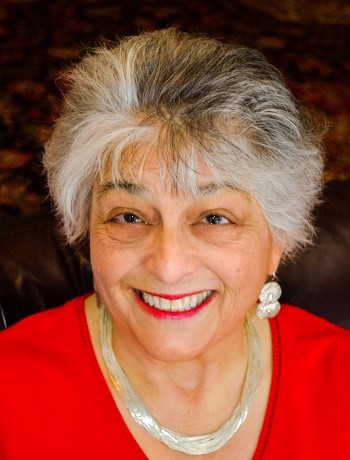 Edit article
Edit articleSeries
Symposium
Finding Our Portion of True Torah
Categories:

There are many kinds of truth. A good way to get in trouble is to mis-assess the kind you are looking at. I don’t claim that Aesop’s Fables are untrue because hares and tortoises speaking ancient Greek and running races are biological impossibilities. That’s not the kind of truth Aesop teaches. Similarly, when I read the beginning of Genesis, I don’t protest a snake speaking Hebrew, a world created in six days, or two archetypal humans in a garden. The Torah is not a science book.
The Process of Unfolding the Torah’s Truth through Torah She-Be’al Peh
Even for moral truths, I am able to call Torah Torat emet only because I, as a modern Jew, am also a rabbinic Jew. I believe in Torah She’Ba’al Peh, the Oral Torah, by which I mean that Torah She’Bikhtav, the written Torah is augmented by an inexhaustible fountain of interpretive possibilities flowing out of tradition. That doesn’t mean the Torah can mean anything you want. Interpretations must be defensible readings of the text.
As Ramban points out in his commentary on Kedoshim Tihyu (Lev. 19:2), Torah also gives us meta-principles like “Be holy” or “Justice, justice shall you pursue” (Det 16:20). Meta-principles are definable in general terms but applicable only situationally and contextually. Because readers bring differing selves and contexts to the interpretative process, the meaning component of both law and story are constantly being destabilized and reconstituted. When we pray every Shabbat, teyn chelkenu b’toratekha, “may we partake in your Torah,” we are praying that we will discover the particular illumination of text or law that we alone can contribute: our chelek, our portion.
I learn a legal process from Torah and from the rabbis, but not a final, immutable word on law. So I believed even when I was Orthodox. God gives human beings halakha as a fitting tool for justice because humans and their worlds grow and change, and law too requires constant reinterpretation to address new phenomena, new circumstances, and new societal concerns. I believe that conversation and critique are appropriate even about meta-principles and process rules.
A Crude Jargon as the Vessel for Holiness and Truth
The rabbis say, “The Torah speaks in human language (דברה תורה כלשון בני אדם).” I’ve described this language as a “crude jargon studded with constraints and distortions, silences and brutalities, that is our only vessel for holiness and truth and peace.”
TheTorah.com is a 501(c)(3) nonprofit organization.
We rely on the support of readers like you. Please support us.
Published
September 6, 2015
|
Last Updated
March 5, 2024
Previous in the Series
Next in the Series
Footnotes

Prof. Rabbi Rachel Adler is the David Ellenson Professor of Modern Jewish Thought at HUC-JIR Los Angeles. She holds a Ph.D. from the University of Southern California and rabbinic ordination from HUC-JIR. She is the author of Engendering Judaism, and among her many articles are “The Jew Who Wasn’t There,” “For These I Weep: A Theology of Lament” and (with Ayesha Chaudhry), “Approaching Jewish and Islamic Marriage Law From Feminist Perspectives.”
Essays on Related Topics:





